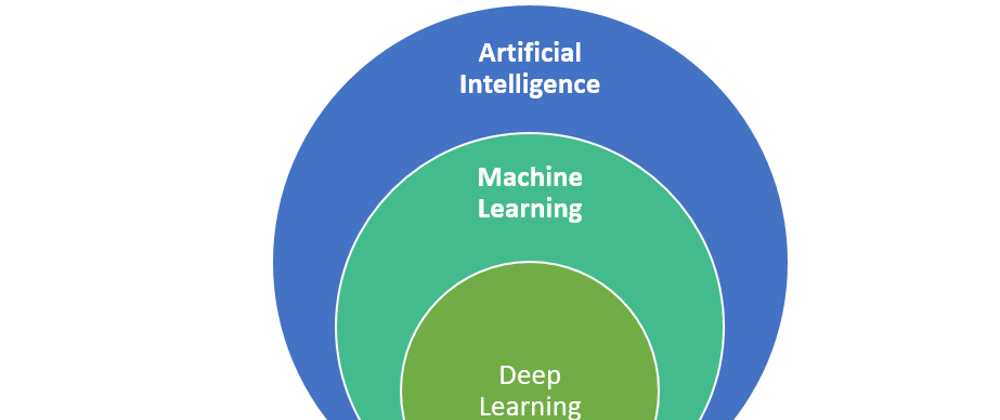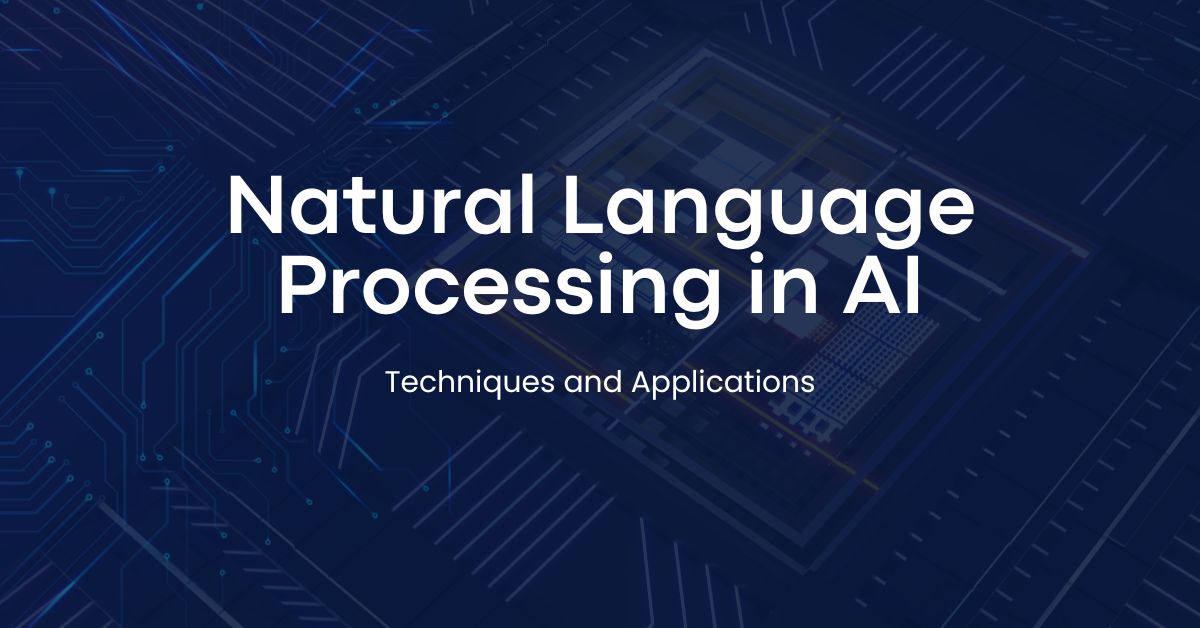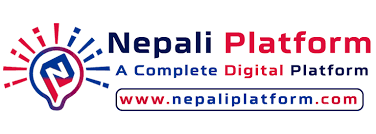Inspirational journeys
Follow the stories of academics and their research expeditions
What Is Digital Marketing? Channels, Careers, Skills

Digital marketing (sometimes called online marketing) is an area of marketing that uses digital channels to connect with customers. Unlike traditional media (think print, radio, and TV), digital marketing uses computers, mobile, social media, search engines, and other channels to reach consumers.
Learn about digital marketing and its major channels, as well as the key metrics to measure success. Afterward, if you're ready to build skills in this lucrative field, consider the Google Digital Marketing & E-Commerce Professional Certificate, where you'll learn how to attract and engage customers through digital marketing channels.
What is digital marketing?
Digital marketing leverages different digital channels to deliver marketing campaigns and connect with customers. It can take on many forms, including blog content, videos, social media posts, display ads, paid media, or email newsletters. These channels are considered owned media because companies own them outright, meaning it may cost less to acquire customers.
Digital marketing includes strategies and best practices for interacting with customers at every stage of the buying journey.
7 channels for digital marketing
Digital marketing professionals connect with potential customers through different channels. We've outlined seven of the more popular and impactful channels in use today.
1. Search engine optimization (SEO) and search engine marketing (SEM)
Search engine optimization (SEO) is a technique that seeks to improve the ranking of online material on search engines such as Google or Bing. If you have ever searched for something on Google, you’ve likely noticed that even the simplest search can yield millions of results. Yet, you probably rarely go past the first few suggestions.
In such a highly crowded space, SEO strategists use SEO marketing principles to ensure that their web pages rank high in Google searches so potential customers actually find their products or services. Generally, SEO marketing targets organic search terms, meaning marketers create content that naturally aligns with and ranks for top search terms related to their product. Search engine marketing (SEM) strategies typically incorporate both organic and paid media, such as buying ads on Google.
SEO responsibilities can include:
Creating quality content that meets searcher intent
Researching relevant keywords to develop content accordingly
Using long-tail keywords (specific phrases that searchers use) to help content reach its target audience
Ensuring that content loads quickly and is compatible with mobile devices
2. Content marketing
Content marketing connects with target audiences through original content, such as blogs, articles, and newsletters. While content can be used to market specific products and services, more often it is used to raise brand awareness, build trust with new and returning customers, and establish authority in a particular field.
Content marketing responsibilities can include:
Developing a strategy for the type of content best suited to your customers
Working to either produce or oversee production of different content types
Monitoring the performance of content and adjusting your strategy
3. Email marketing
Marketers send out timely emails to large groups of people who have signed up for their contact list to inform potential customers of sales, discounts, and product launches. The impact of email marketing is clear: When used strategically, it can have an average return on investment (ROI) of 4,200 percent for every dollar invested [4].
Email marketing responsibilities can include:
Developing a strategy for different email journeys based on a user's position in the funnel
Targeting emails to send personalized offers and messages to specific groups on an email list
Testing email components, such as images or headlines, to improve metrics
Monitoring performance and adjusting email content or timing to increase effectiveness
4. Pay-per-click (PPC) advertising
Pay-per-click (PPC) advertising is a digital marketing model that involves an advertiser paying a publisher each time their ads are clicked. Typically, the publisher is a website owner, search engine operator, or social media platforms, such as Facebook or Instagram.
PPC advertising responsibilities can include:
Identifying which platforms will be best to advertise to new and existing customers
Reviewing banner ad designs to align with campaign needs
Researching keywords to inform ad placement strategy on search engines, such as Google
5. Social media marketing
Social media marketing is a form of digital marketing that uses social networks such as Twitter, Instagram, YouTube, Facebook, and TikTok, to reach customers. It leverages the reach of social media channels with data-driven efforts to reach targeted consumers.
Whether through computers, mobile devices, or mobile apps, social media offers the opportunity to reach a wide—and targeted—audience of possible consumers.
Social media marketing responsibilities include:
Developing a social media calendar to outline monthly, quarterly, or annual posting schedules
Producing or overseeing the production of social media content
Paying attention to social media trends
Monitoring performance to refine strategy and improve execution
6. Influencer marketing
Influencer marketing is when brands partner with popular social media influencers to promote products and services. Influencers use their expertise, experience, and content creation skills to connect with other social media users. Through their authentic and relevant content, influencers can drive traffic to the brands they represent and even inspire their audiences to purchase products and services.
Influencer marketing responsibilities can include:
Developing an influencer marketing strategy
Identifying which influencers will be best to promote your brand
Reviewing their posts to ensure brand alignment
Monitoring performance to adjust which influencers you work with or their efforts
7. Affiliate marketing
Similar to influencer marketing, affiliate marketing refers to when a business rewards third-party affiliates, often influencers or content creators, to promote the business's products and services. Typically, affiliates have used and enjoyed the product or service and create content on digital channels like social media, blogs, and email to tell their audience about their experience and entice them to buy. The affiliates then receive compensation such as a percentage of sales, free products, or other rewards.
Examples of affiliate marketing include:
Developing affiliate marketing campaigns
Managing affiliate marketing partners
Ensuring all campaigns and affiliates follow industry regulations to avoid fraud
Monitoring key campaign metrics to adjust strategy as needed
Digital marketing analytics
Data plays a big part in digital marketing—no matter which channel you manage.
With marketing analytics, marketers can collect valuable information by tracking a customer’s journey in real-time, and target specific audiences by tailoring content to their preferred digital channels. For example, Starbucks has collected data from their rewards mobile apps to help identify seasonal trends and create tailored promotions [1].
Some of the key metrics that may be important to monitor in digital marketing include:
Traffic
Page views
Email open rates and clickthrough rate (CTR)
Social media engagement
Mobile app use
Important digital marketing skills to develop
Many employers prefer candidates with a bachelor’s degree in either business or communications, but a degree isn’t always necessary, especially if you have the right skills. You can build digital marketing skills by taking courses or getting a certification in various areas of digital marketing. Here are some skills to prioritize:
Communication
Collaboration with designers, strategists, and product developers
Creative thinking
Data analysis and familiarity with marketing analytics
Social media marketing
Content creation
SEM/SEO
Mobile marketing
Video editing
Leverage the power of GenAI to learn more about your customers and accelerate your marketing strategy with the Microsoft Copilot for Marketing Specialization.





Leave a comment